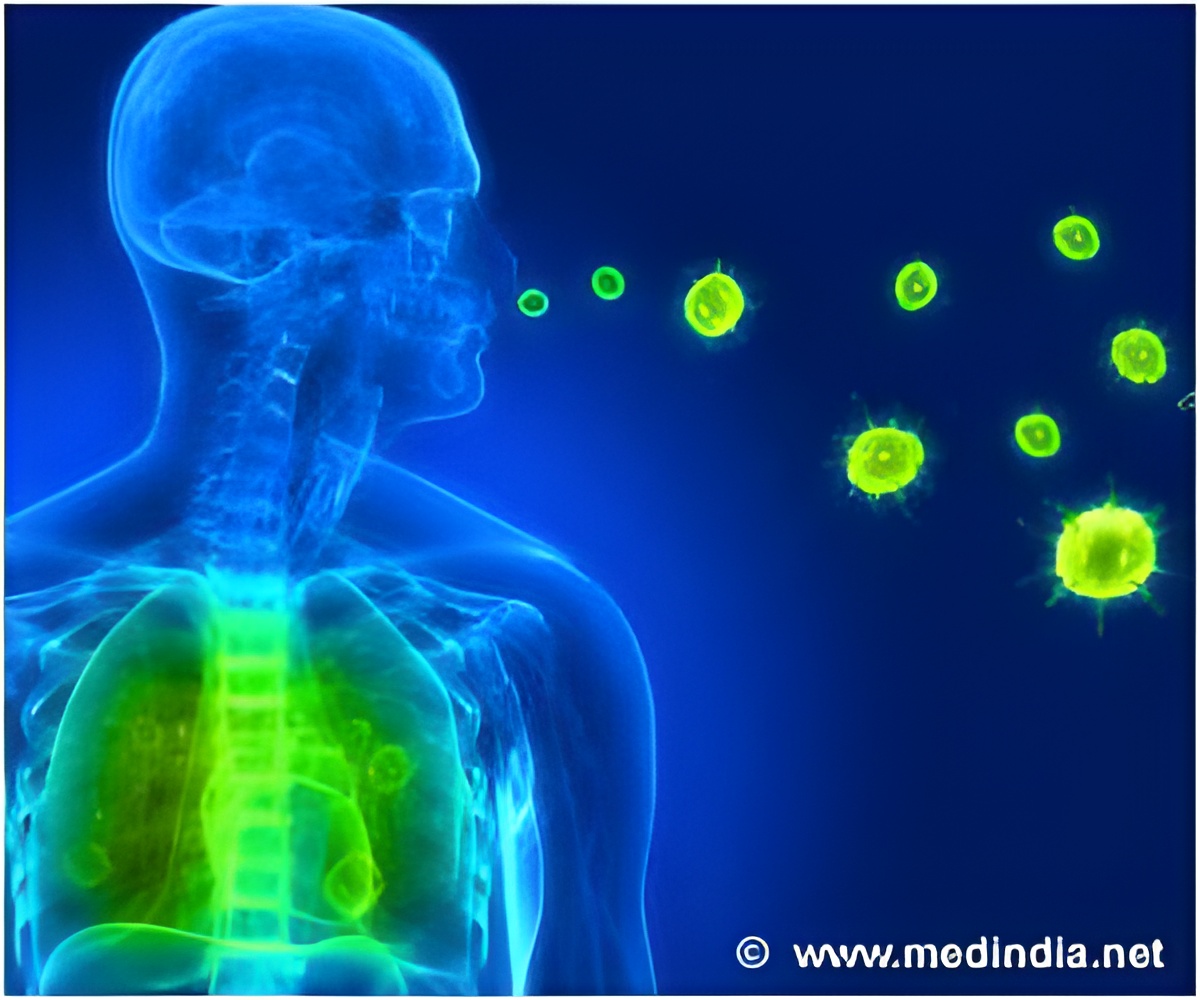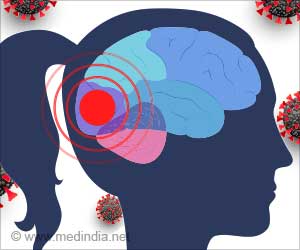Though children and adolescents tend to suffer less severe symptoms from COVID-19 infection than adults, there is only preliminary evidence about long-term effects of COVID-19 on pulmonary function in children and adolescents. Two new studies explore this aspect.

‘The lung function in children and adolescents appears to be unimpaired after COVID-19 infection, apart from those who experienced a severe infection.’





The examinations at the COVID-19 follow-up took place between October 2020 and May 2021. Collected data included measurements of lung function, inflammation and white blood cells called eosinophils, which are part of the immune system.Of the 661 participants, 178 (27%) had antibodies against SARS-CoV-2 indicating they had been infected. Researchers measured FEV1, FVC (forced vital capacity, which represents the volume of air in the lungs that can be exhaled after a taking the deepest breath possible), and FEV1/FVC ratio, which is an indicator of narrowed airways.
They calculated the changes in lung function between the period before the pandemic and during the pandemic. Then they compared the percentage change with participants who had not been infected.
There was no difference in lung function among patients who had COVID-19 with respect to eosinophils, indicators of inflammation, allergy responses or use of inhaled corticosteroids.
In the second study, researchers carried out lung function tests between two weeks and six months following COVID-19 infection and compared the results with a control group of 45 children who had not been infected with the coronavirus but may have had some other infection.
Advertisement
Abnormal lung function occurred in 16% of the COVID-19 group and 28% of the control group. However, further analysis revealed a reduction in the volume of air in the lungs that can be exhaled after a deep breath in patients who had suffered a severe infection, whether COVID-19 or some other infection.
Advertisement
Limitations of the study include the small number of participants, the fact that they were recruited at a single hospital, that patients reported their symptoms, and a lack of information on long-term outcomes in the control group.
The COVID-19 group also did not include those with severe breathing problems during the acute phase of the infection.
However, further research may shed more light on the effects for people with asthma or who suffer a severe respiratory infection, whether it’s COVID-19 or due to another infective cause.
These individuals may be more vulnerable to long-term effects on lung function and underlines the importance for every eligible person to be vaccinated against COVID-19 to reduce overall spread of disease.
Source-Medindia















